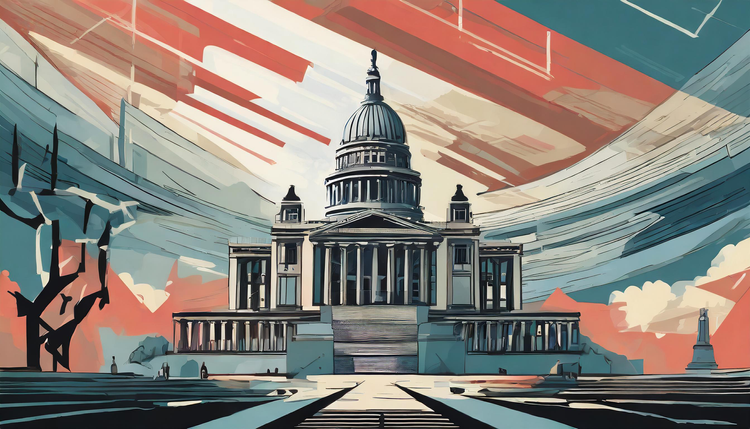Space Force: Bad Name, Good Idea
“It’s certainly a Trumpian idea: big and bold, with a Hollywood glitz factor; highly disruptive of the status quo; and lacking in any detailed planning about implementation. But many experts say the idea of revamping space defense makes some sense”
The Space Force sounds like a lousy movie starring Steven Seagal.
But for decades, space was a defense and research priority for people and governments around the world.
In 1962, President Kennedy famously called on Americans to go to the moon. In the 1980s, President Reagan wanted to develop space-based lasers to shoot down Soviet nuclear weapons.
Now, the world’s major powers — China, Russia, and the United States — are escalating the battle for space supremacy.
This battle is (at least) two-dimensional: security and commercial.
The security priority focuses on satellites, the lifeline of modern operations. Whatever country controls the satellites controls the skies and whatever country controls the skies controls the flow of information. When fighting wars or deterring enemies, only the ability to shoot straight is more important.
The commercial applications are equally profound.
As an early-stage advisor, I started working on space many years ago. At that point, low orbit satellites were a fast-growing asset class. Google ended up spending big on this technology.
Since then, the commercial space sector has matured quickly.
While Bezos and Musk receive most of the attention, space-centric businesses are cornering the shipping, agriculture, climate, and urban markets.
At Capital, we link space directly to the future of cities.
The more commercial value that goes up, the more cities will benefit from a deeply interconnected global system of commerce, security, and intelligence.
We’re glad to be building in this space.





